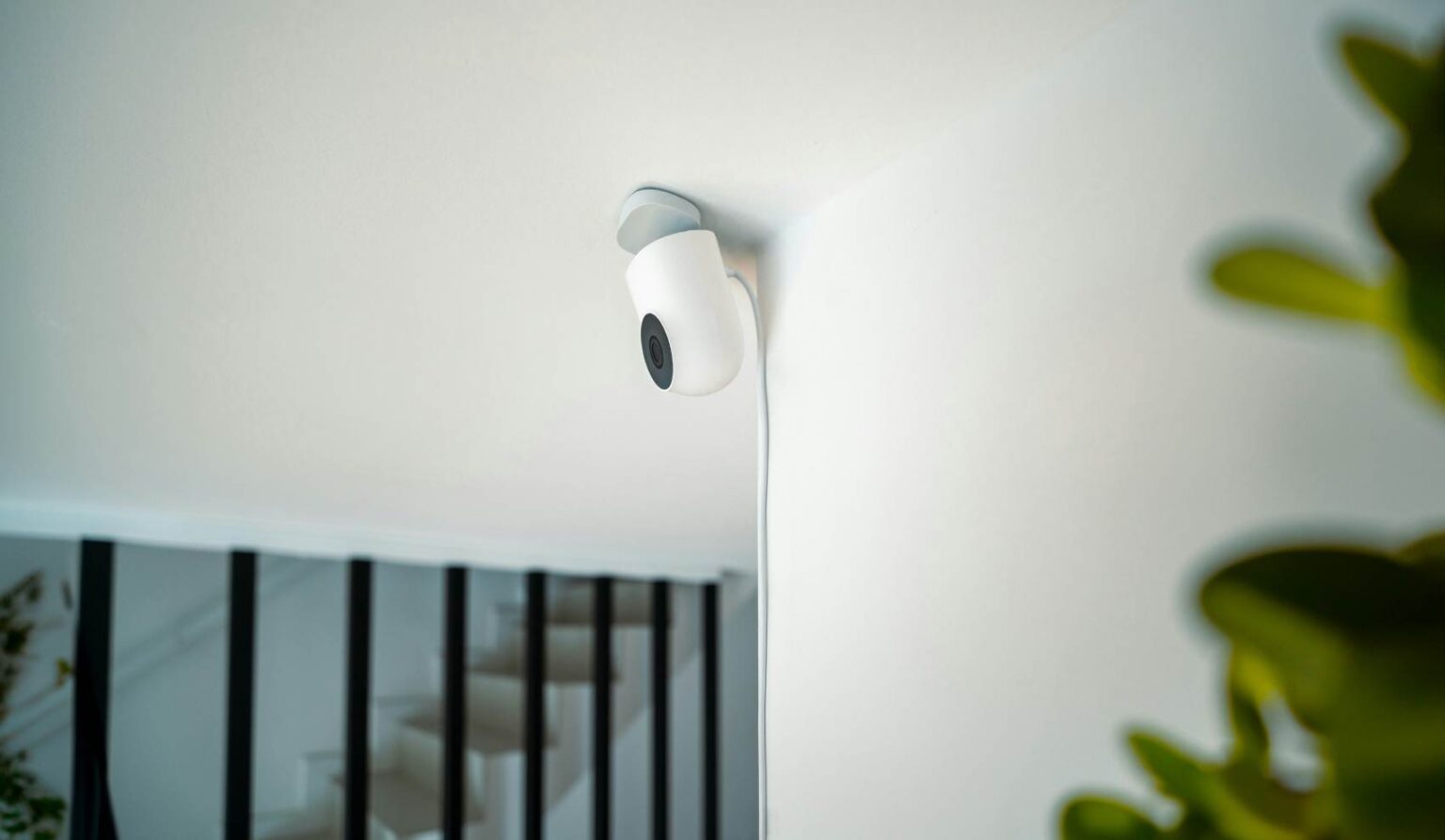In recent years, the healthcare industry has undergone significant transformation, particularly with the rise of technology and artificial intelligence (AI). One notable player in this field is Doximity, a professional network for physicians that has leveraged AI Applications in Business Intelligence and Facility Management to streamline operations and enhance communication. This article delves into the latest trends and insights regarding Doximity, exploring the role of AI in optimizing business intelligence in healthcare and its applications in facility management.
Doximity was established in 2011, and since then, it has garnered a reputation as the “LinkedIn for doctors.” With a user base of over a million medical professionals, Doximity allows physicians to connect, share information, and collaborate on patient care. The platform has also integrated advanced AI capabilities that enable healthcare professionals to access relevant data quickly, thus improving decision-making. The growing incorporation of AI in business intelligence functions can significantly influence how medical professionals approach their roles, leading to improved efficiencies and patient outcomes.
AI Applications in Business Intelligence are particularly critical in understanding large datasets prevalent in healthcare. With patient data streaming in from various sources, including Electronic Health Records (EHRs), clinical trials, and real-time health monitoring devices, the need for effective data analysis tools becomes paramount. Doximity uses AI to analyze these data points, providing physicians and administrators with actionable insights that enhance clinical decision-making and operational efficiency.
In practical terms, Doximity’s AI algorithms sift through mountains of medical data to identify patterns, trends, and anomalies. For instance, by analyzing patient demographics and treatment outcomes, physicians can gain insights into which treatment plans work best in specific populations. This capability helps doctors to personalize their approach to care, tailoring treatments that resonate with individual patient needs.
Furthermore, leveraging AI in business intelligence facilitates predictive analytics in healthcare settings. Doximity provides tools that help healthcare providers forecast potential trends in patient admissions, identify resource allocations, and streamline operational workflows. By anticipating future demands based on historical data, hospitals can prepare in advance, minimizing costs and improving service delivery.
Within the application of AI in Facility Management, Doximity has also established a niche. Efficient facility management is crucial for healthcare settings, where every square foot directly impacts patient care and experience. With AI technology, Doximity empowers healthcare facilities to optimize their environments for both patients and healthcare professionals.
Using AI-powered solutions, Doximity assists in monitoring facility usage, helping to track how spaces are utilized, and identifying areas where efficiency can be improved. For instance, through IoT devices and sensors, healthcare facilities can monitor occupancy levels in patient rooms, waiting areas, and other crucial spaces. This data allows managers to identify underutilized areas that can be repurposed or modified to enhance patient interaction and overall experience.
Moreover, the integration of AI into facility management can significantly reduce operational costs. AI can analyze energy consumption patterns and help facilities make informed decisions regarding heating, cooling, and lighting, ensuring an optimal environment while minimizing expenditures. By predicting which areas will require maintenance or repair, Doximity’s AI applications can also improve work order management, leading to less downtime and more satisfied patients.
As we observe these trends, it is essential to address the challenges that come along with AI integration in healthcare. While Doximity’s AI applications are revolutionizing business intelligence and facility management, they also raise concerns over data privacy and ethics. The collection and analysis of patient data must adhere to strict regulatory standards, such as HIPAA (Health Insurance Portability and Accountability Act), to ensure patient confidentiality is maintained. Doximity prioritizes compliance, implementing robust security measures to ensure that sensitive information is protected from potential breaches.
In addition, the workforce in healthcare needs to undergo training to effectively utilize these AI-driven solutions. The introduction of advanced technologies can be met with resistance, particularly from professionals who may feel threatened by the potential replacement of human jobs by machines. Therefore, it is crucial for healthcare organizations to foster a culture of continuous education and redefine roles to incorporate technological advancements rather than replace human contribution entirely.
As we look ahead, it is clear that AI will continue to play a vital role in enhancing business intelligence and facility management within Doximity and across the healthcare landscape. The ongoing integration of AI into clinical processes signifies a shift toward more evidence-based, patient-centered care. As technology evolves, we can expect further innovations that will continue to reshape the healthcare environment.
Ultimately, successful implementation of AI applications hinges on collaboration among stakeholders. Technology providers like Doximity must work closely with healthcare organizations to design solutions that meet their specific needs. This collaboration is crucial for ensuring that innovations translate into improved care delivery and operational excellence.
In conclusion, Doximity exemplifies how AI applications in Business Intelligence and Facility Management are reshaping the healthcare sector. By employing advanced AI technologies, Doximity not only enhances communication and connection among healthcare professionals but also drives improvements in patient care delivery. As the healthcare industry continues to navigate digital transformation, stakeholders must prioritize ethical considerations, employee training, and collaborative efforts to realize the full potential of AI in their operations.
The future is promising as we witness the seamless integration of AI into daily operations and its capacity to revolutionize how healthcare is delivered and managed. Embracing these changes could lead to unprecedented advancements, improved patient outcomes, and a more efficient healthcare system overall. As Doximity continues to innovate, it represents a beacon of progress in a rapidly evolving field that stands to benefit us all.
**





